Thinking Like an Athlete - 11 Things We Can Learn
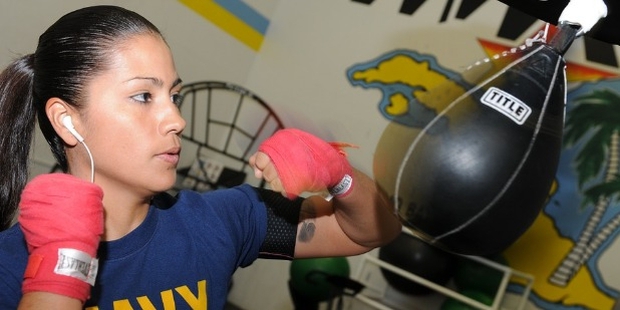
In August, 2012, Olympic swimmer Michael Phelps became the most decorated Olympian in all of history. His journey to becoming an known athlete is very interesting. As a young boy, Phelps was diagnosed with ADHD – a disability which results in inability to focus, deep disorganization, and hyperactivity. His mother was an educator and she knew she had to channel his energy into something positive and involve him with an activity that would force him to develop focusing skills. She chose swimming, and it served him well.
Through those years of training, Phelps, like many athletes, developed a set of character traits that can translate to success in the non athletic “world,” and we would be wise to consider our own program of athletic activity, not just for fitness, but for the secondary benefits it will bring. Here are the character traits that are developed when we engage in sports.
1. The Desire to Win
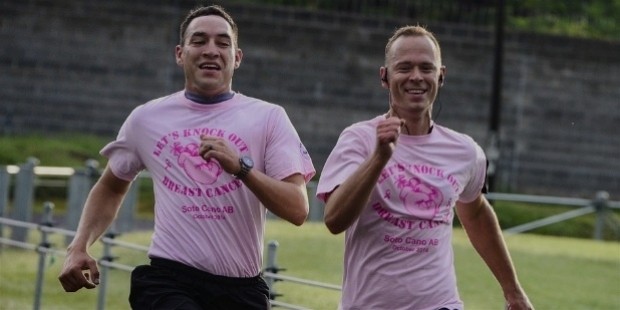
It’s not so much the winning itself as it is the desire to win that motivates athletes. They make a decision to “do what it takes” to win. This does not mean “cheating” but it does mean hard work, focus, and commitment things that make us successful in both our personal and professional lives. Even if it is a personal fitness programme, what will “winning” look like to you? Do you have the willingness to do what it takes to win? When that attitude is taken into other aspects of your life, you do become a winner.
2. Embracing Challenges
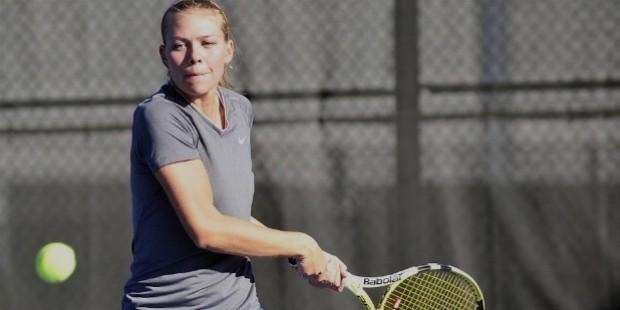
Rather than shirking from challenging activity, athletes tend to meet those challenges head on and push through them. They train harder, learn more, and undergo more extensive coaching if necessary. Challenges are opportunities to improve. If we all saw challenges in this light and developed plans to meet them, we would certainly learn and meet with greater success.
3. Holding Ourselves Accountable
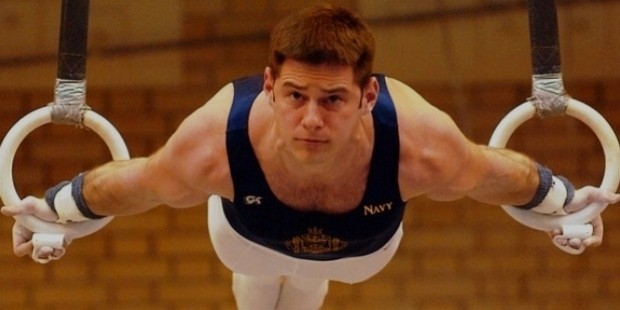
Positive Affirmations for Success
If a gymnast or a competitor skater makes a mistake that costs him/her placement among the winners, she/he does not blame the coach, parents, other competitors, etc. the blame rests squarely on his/her own shoulders. Perhaps s/he did not practice enough maybe she/he was nervous. In life, when we stop blaming others for our failures, we are able to then do what it takes to get better at what we do and to hold ourselves accountable or our own performance.
4. Continual Learning

Football players learn new plays golfers learn new techniques; personal fitness participants learn new exercises tennis players perfect new serves. 50 years ago, aerobics was not a term in fitness. The world of sports is constantly evolving, as does our chosen careers. When we commit to continued learning, we commit to lifelong improvement.
5. Unacceptability of Good or Very Good
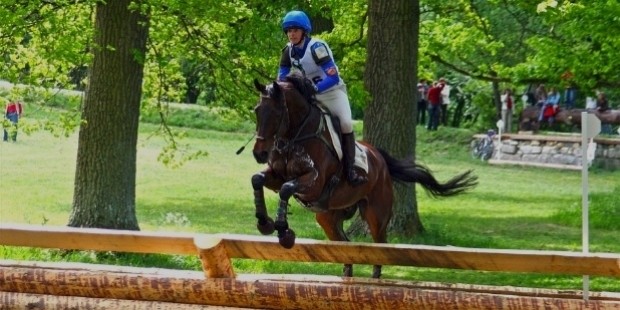
Positive Attitude as a Way of Life
Athletes want to be excellent, and we should want the same thing. When we involve ourselves in sports and fitness programmes, developing the mindset of striving for excellence is important. Do you want to just be a “good” teacher or accountant or lawyer, or do you want to be the best? If you settle for just “good” or “very good,” that is exactly where you will be for the rest of your career.
6. Commitment Means Endurance
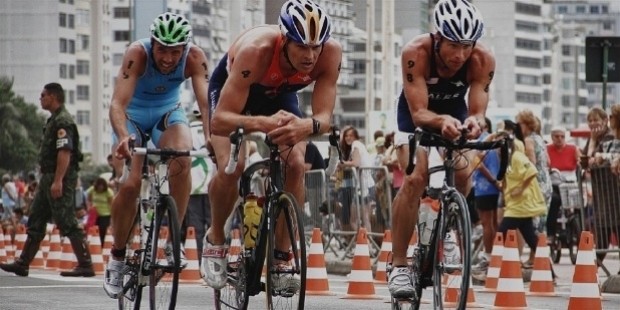
Athletes experience fatigue and burn out sometimes. We all do. The difference between those who ultimately triumph over fatigue and burn out is motivation followed by commitment. They pick themselves up and work through the burn out, getting the support they need, refocusing themselves, and going through the motions until that drive resurfaces. And it does resurface, if you stick with it.
7. Winners Visualize

All action begins with thought. Winning athletes know this. They visualize themselves hitting that home run they see themselves running for that long touchdown. Their actions then result from those thought processes. If we adopt the same practice of visualizing our goals, then our actions fall into place, and we do achieve them.
8. Consistency

A professional athlete cannot perform during his/her season and then just lie back, rest on his laurels, and forget about things until the next competition or season comes along. There is no last minute preparation for an athlete. Football players begin a new program of fitness and practice as soon as a season ends. They want their performance to be consistent, so their preparation and their activity remains consistent. If you look upon your life as a consistent path of growth, then you too will remain consistent in performance.
9. Being Open to Coaching
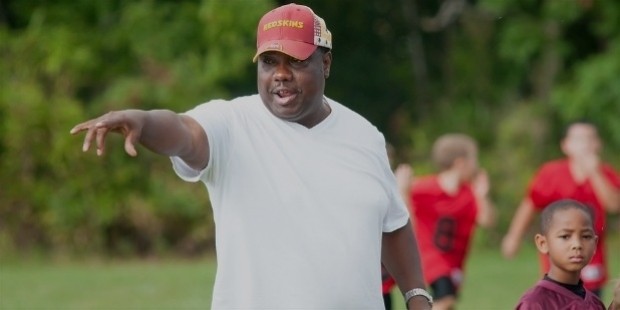
Sometimes, it’s hard for us to accept that we need more coaching. In fact, we resent it, because our egos get in the way. Athletes are always ready to undergo coaching. They are open and focused. They know that others do have more insight and knowledge and they accept that.
10. Emotional Control
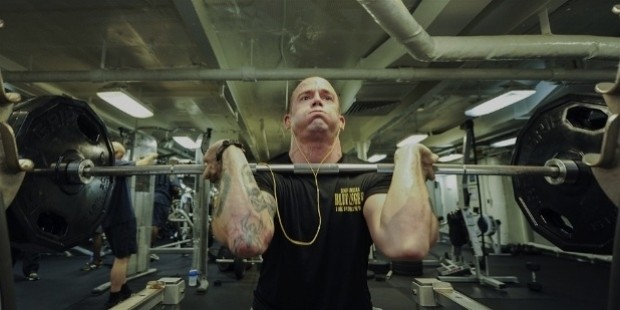
We have all seen athletes lose control in the heat of the game the results are usually not good. But athletes seem also to have the ability to shut out whatever else is going on in their lives and focus on the competition at hand. A bad break-up is an unpleasant thing. If we cannot put that away in a compartment, however, it can negatively impact our performance in other areas of our lives. We can train ourselves to do this, just as athletes do.
11. Thinking Big

Positive Mind is a Healthy Mind
When we limit our thinking, we limit what we experience. Limited thinking means we believe we cannot achieve those big goals that we would like to strive for. A lot of people “settle” for mediocrity, for just getting by. Athletes don’t do this they always think the “big win.” And they believe that they can get there.
Think like an athlete act like an athlete believe like an athlete; focus like an athlete. The results will amaze you.









